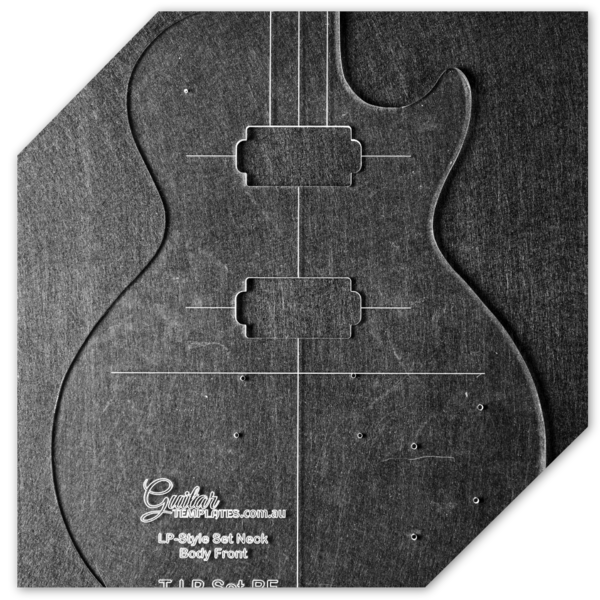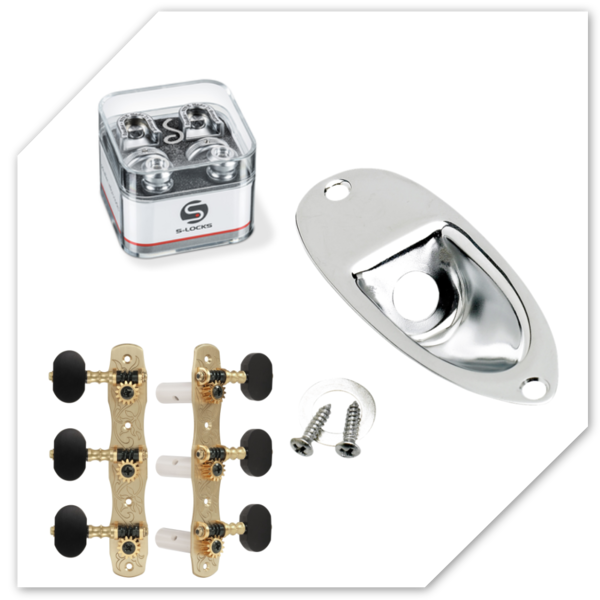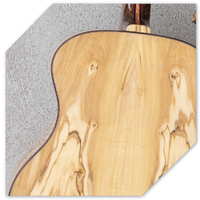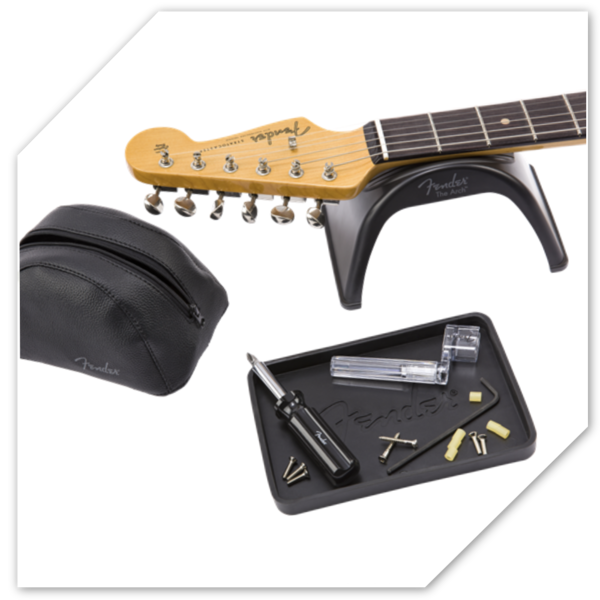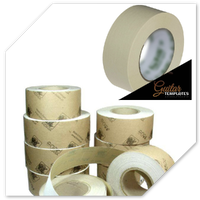Tips on String Choice
Author: K.McAulay Date Posted:31 October 2024
How to Choose the Right Guitar Strings for Your Sound
Picking the right guitar strings might seem like a small detail, but it can make a huge difference in how your guitar sounds and feels when you play. Whether you’re just starting out or you’ve been playing for years, finding the right strings is key to getting the tone and feel you want. Here are some tips to help you choose the perfect set.
1. String Gauge: What’s the Right Thickness?
String gauge refers to the thickness of your guitar strings, and it plays a big role in both the sound and how easy (or hard) they are to play.
- Light Gauge Strings (like .009 to .042 for electric): These are easier to press down, great for bending notes, and good for faster playing. Perfect if you’re new to guitar or want to play without straining your fingers.
- Medium Gauge Strings (.010 to .046): These offer a good balance of tone and playability. They work well for most styles.
- Heavy Gauge Strings (.011 to .052 or higher): These give you a fuller, louder sound and are ideal for players who like lower tunings or play a lot of rhythm.
Pro tip: If you’re just starting out, go with lighter gauge strings and work your way up as you get more comfortable.
2. What Material Should You Choose?
The material your strings are made from can totally change your tone. Here’s a quick breakdown:
-
For Electric Guitars:
- Nickel-plated steel: Bright, balanced sound, perfect for most styles.
- Stainless steel: A bit brighter and more durable but can feel rougher on your frets.
-
For Acoustic Guitars:
- Phosphor bronze: Warm and mellow, great for fingerstyle or if you want a softer sound.
- 80/20 bronze: Bright and punchy, ideal if you want your strumming to cut through.
-
For Bass Guitars:
- Roundwound: Bright and punchy, perfect for rock and funk.
- Flatwound: Smooth and mellow, great for jazz and blues.
Pro tip: Acoustic players who want a warmer sound should try phosphor bronze, while electric guitarists who want more bite should look at stainless steel.
3. Match Your Strings to Your Playing Style
Your playing style will influence what strings work best for you. If you mostly strum or play rhythm, medium or heavy gauge strings can give you more volume and depth. If you love bending notes and playing solos, lighter strings will make it easier.
For bass players, slap-and-pop styles might sound best with roundwound strings, while fingerstyle players might prefer the smooth tone of flatwounds.
4. Coated or Uncoated Strings: What’s the Difference?
Coated strings have a thin layer that protects them from sweat, dirt, and general wear and tear, so they last longer. They’re a bit pricier, but they stay sounding fresh for a while.
- Coated Strings: Last longer and feel smoother, but they might not sound as bright.
- Uncoated Strings: More natural sound but don’t last as long.
Pro tip: If you play a lot or live in a humid area, coated strings are worth the investment.
5. Tuning Preferences: Think About Your Setup
If you like to experiment with alternate tunings or play in lower tunings, you’ll want to choose heavier strings to keep your guitar sounding tight and clear. Lighter strings can feel too loose and floppy when you tune down.
- Standard tuning: Light or medium strings are usually fine.
- Lower tunings: Go with heavier strings for better tension and stability.
Pro tip: If you love drop D or lower tunings, heavier strings will keep things sounding solid.
6. Don’t Be Afraid to Experiment
At the end of the day, finding the right strings is all about experimenting. Try different brands, gauges, and materials until you find the set that feels and sounds right for you. And remember, changing your strings regularly will help you keep that fresh, bright tone.
Pro tip: Keep a couple of extra sets on hand so you’re always ready for a string change.
Picking the right guitar strings is more than just a small detail – it can make or break your sound. Whether you’re looking for light, fast strings for solos or thicker, deeper ones for rhythm, there’s a perfect set out there for you.
Check out our full range of guitar strings at GuitarTemplates.com.au and find your perfect match today!

